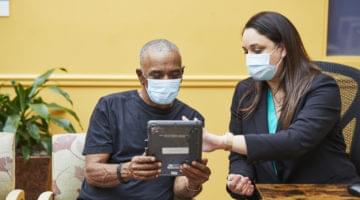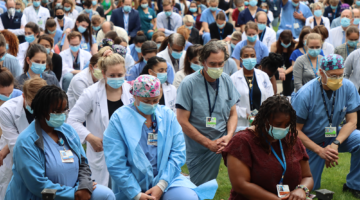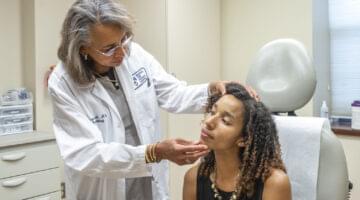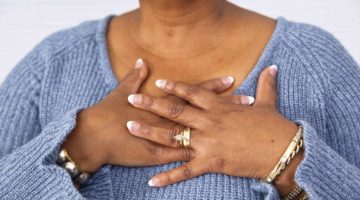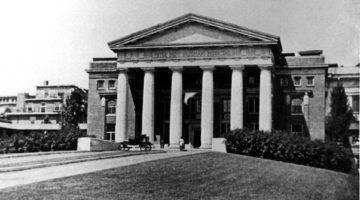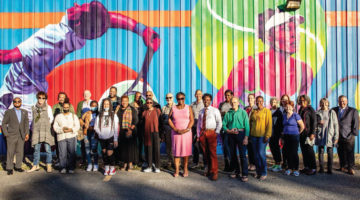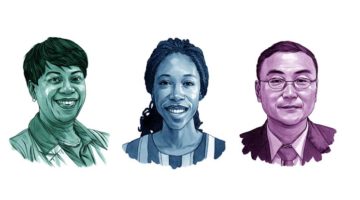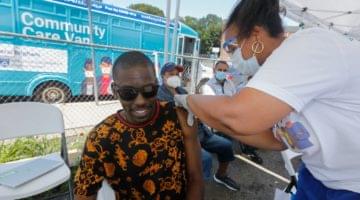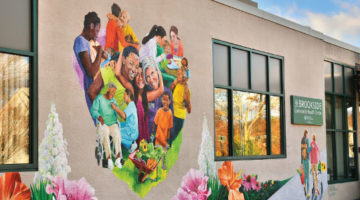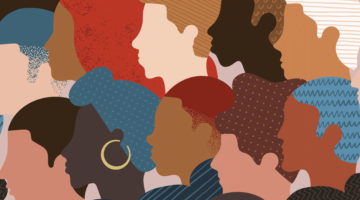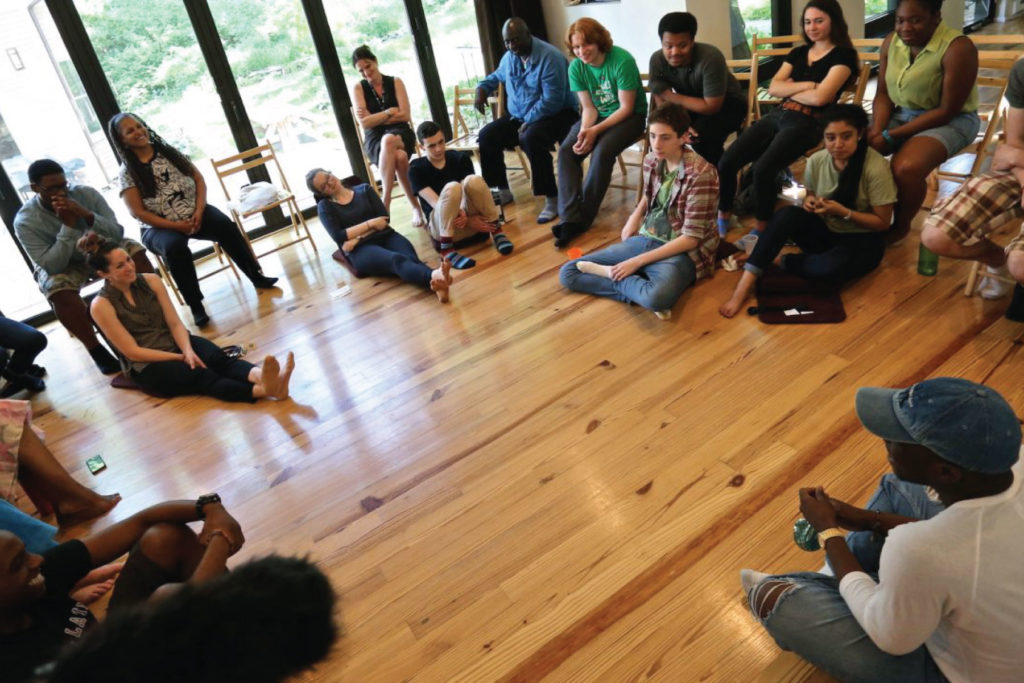
In 2010, Abigail Ortiz, MPH, MSW, and Dennie Butler-MacKay, LICSW, began a project training youth to practice racial justice. While referrals flowed in for youth of color, Ortiz and Butler-MacKay knew the group had to also include white teens for radical reconciliation and healing to take place. Ortiz and Butler-MacKay combined their expertise in community organizing and social work to establish the Racial Reconciliation and Healing (RRH) Project at Southern Jamaica Plain Health Center (SJPHC).
A decade later, RRH continues providing a contained space for teens of all races and ethnicities to share their perspectives and experiences and learn about the health impacts of racism.
“Racism affects health at every single metric point,” Ortiz explains. “Look at any health outcomes data at the Brigham. If you pull back far enough, you see the same data across every system: housing, education, health. Once our youth understand and internalize this, they can see the patterns everywhere and practice naming them as structural, historical, and predictable. It’s incredibly important for their individual and collective health.”
Butler-MacKay agrees. “In this country, the teaching around racism is often focused on racism as an interpersonal problem, that an individual is either racist or not,” she says. “But to change as a society, we need to learn how racism plays out institutionally and structurally over time through laws, policies, practices, and systems. When we talk about the history of racism, one of the things we hear from our youth is that they haven’t heard this before.”
To Ortiz and Butler-MacKay, the youth they work with in RRH and the patients they meet at SJPHC help keep the center tapped into the pulse of the community. After a hiatus due to COVID-19, RRH resumed meeting in person, with participants masked up and thrilled to be together again.
“We can see how the community is doing by the worries patients bring to us,” Butler-MacKay says. “We do this work in solidarity with our patients and for ourselves, because most of us who work at the health center also live in the neighborhood. That’s one of many things that defines what it means to be a community health center.”


